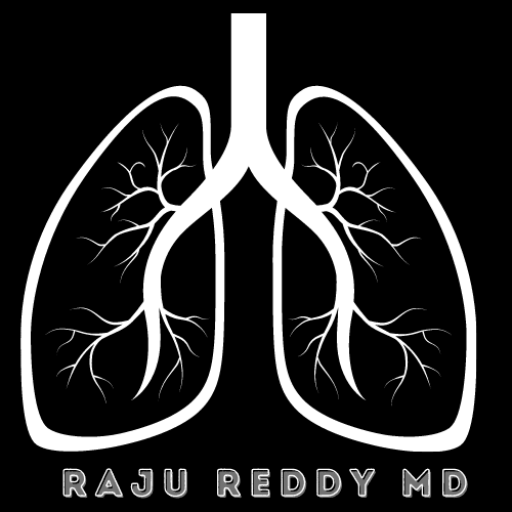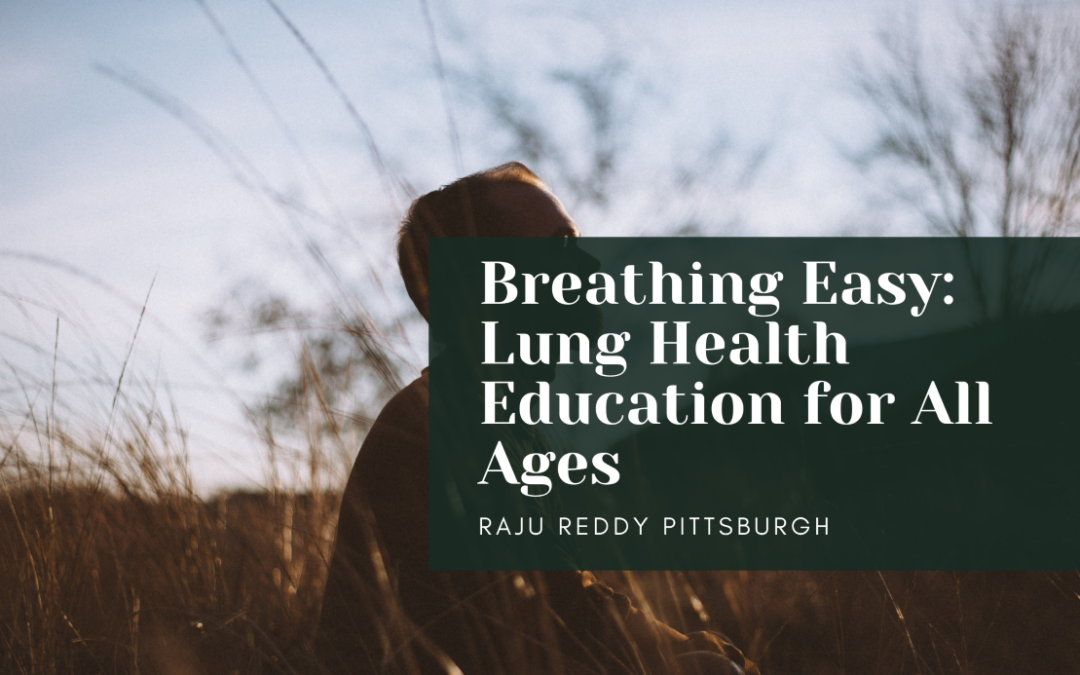Lung health is a fundamental aspect of overall well-being, and educating individuals of all ages about respiratory health is paramount. This short blog post aims to underscore the importance of lung health education, providing insights and actionable tips for individuals from various age groups.
Early Education for Children
Understanding the Respiratory System
Incorporating primary respiratory education into school curricula can provide children with a foundational understanding of the respiratory system. Simple explanations about the lungs, their function, and the importance of clean air can lay the groundwork for lifelong respiratory health.
Promoting Healthy Habits
Teaching children about the impact of lifestyle choices on their lungs encourages the development of healthy habits. Emphasizing the importance of regular exercise, staying hydrated, and avoiding exposure to secondhand smoke contributes to a strong respiratory foundation.
Adolescents and Teens
Effects of Smoking and Vaping
As adolescents navigate the challenges of peer pressure, comprehensive education about the harmful effects of smoking and vaping is crucial. Communicating the risks associated with these behaviors helps prevent the initiation of detrimental habits.
Respiratory Health and Physical Activity
Incorporating discussions on the link between respiratory health and physical activity fosters an understanding of the importance of staying active. Physical education programs can play a role in promoting lung health through exercise.
Adults and Working Professionals
Workplace Wellness Programs
Implementing lung health components in workplace wellness programs can raise awareness among adults. Providing resources on creating a smoke-free work environment, managing stress, and promoting healthy work-life balance contributes to respiratory well-being.
Annual Check-ups and Lung Screenings
Encouraging regular health check-ups, including lung function tests and screenings, is vital for the early detection of respiratory issues. Adults should be informed about the significance of proactive healthcare and preventive measures.
Older Adults and Seniors
Respiratory Health in Aging
Providing targeted information on age-related changes in the respiratory system helps seniors understand and manage potential challenges. Education on maintaining an active lifestyle, proper nutrition, and seeking medical attention when needed is crucial.
Immunizations and Respiratory Health
Education about the importance of vaccinations, particularly for influenza and pneumonia, ensures that older adults take proactive steps to protect themselves from respiratory infections.
Conclusion
Educating individuals of all ages about lung health is a proactive and empowering approach to fostering a society of informed and health-conscious individuals. By instilling the importance of respiratory well-being from a young age and continuing the education journey through adolescence, adulthood, and into the senior years, we can collectively contribute to a world where everyone can breathe easily.

